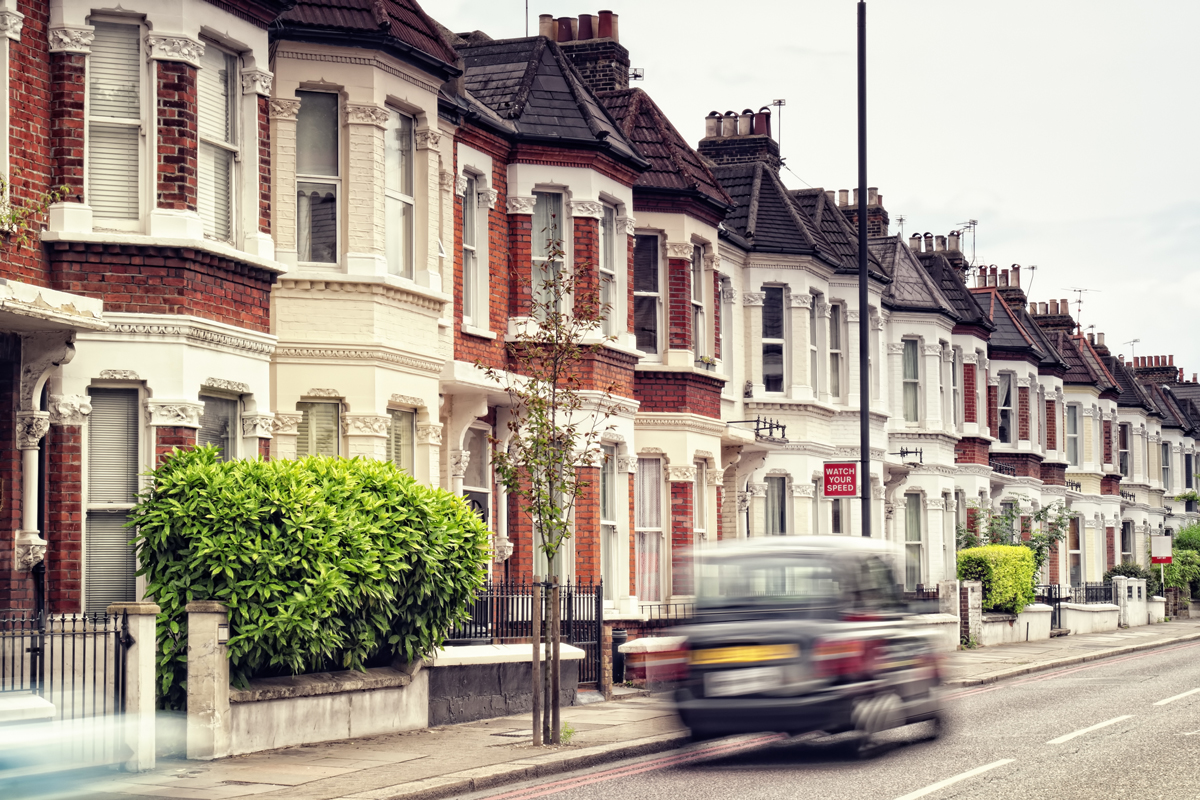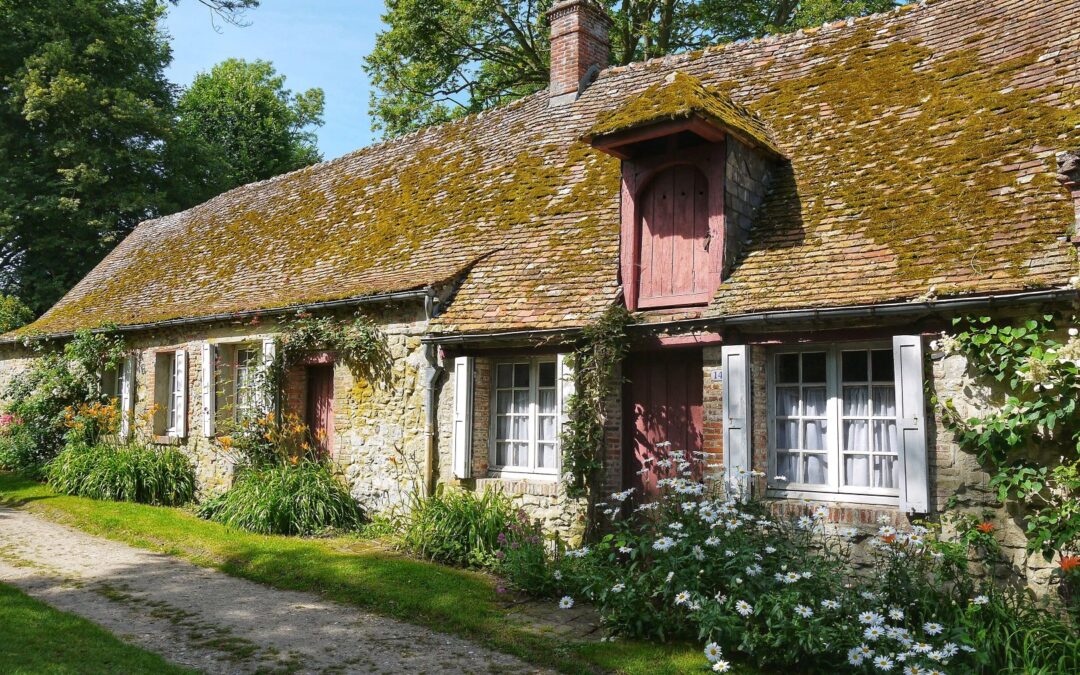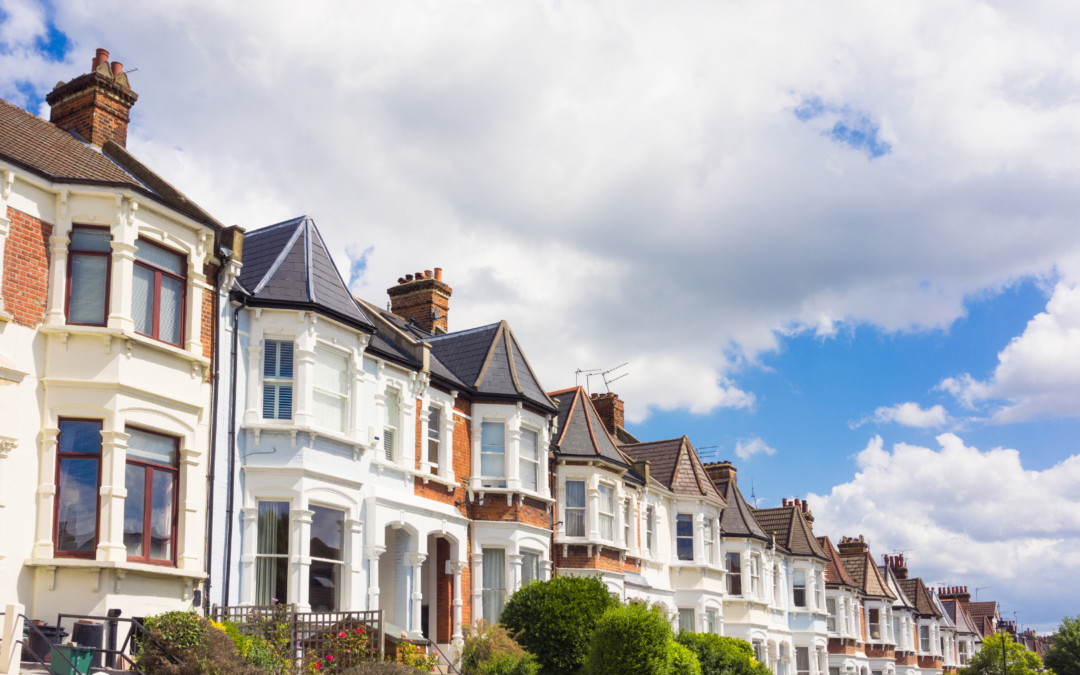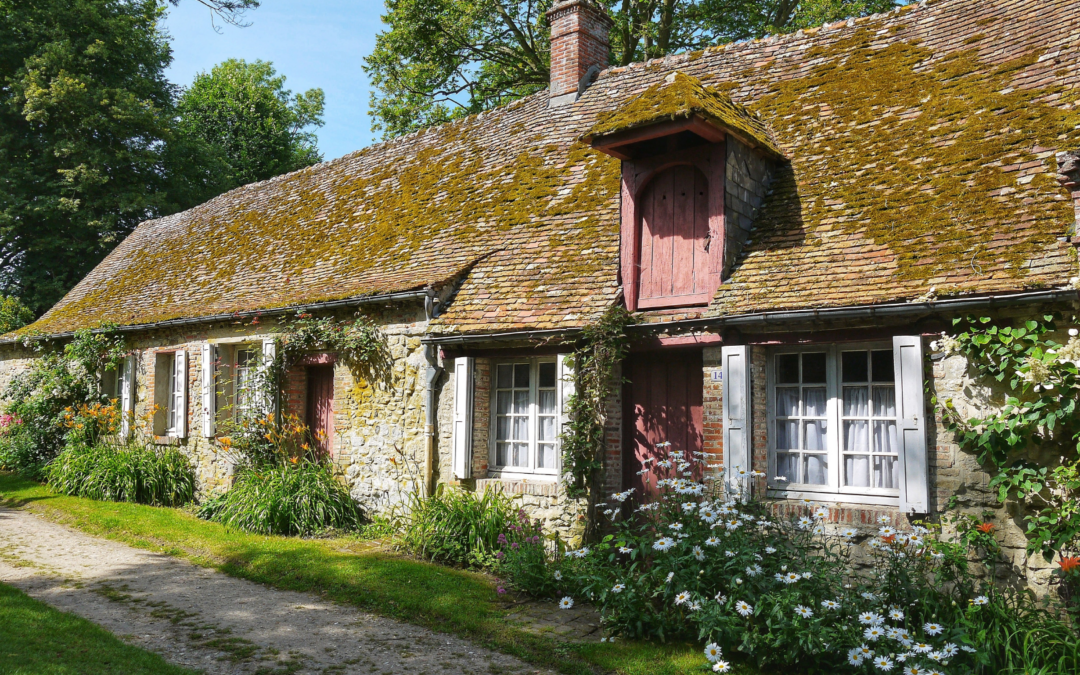Property expert Henry Pryor gives his verdict on the Chancellor’s Budget which cut stamp duty on homes worth up to £300,000 for first time buyers.
For a number of different reasons many were waiting for the Chancellor to turn to housing in his Budget speech but we had to wait until right at the end to hear him make the key announcements. Many worried that a Conservative Government might relax rules on building in the Green Belt. Traditional ‘blue’ voters were concerned that he might clobber landlords (again), or perhaps lift the spending cap on local authorities’ ability to borrow, perhaps so that they might build some ‘affordable’ homes – or council houses as they were called back in the 1960s and 70s.
In the end Mr Hammond disappointed almost everyone, so politically his first Autumn Budget will probably be considered a success. One thing that grabbed the headlines in the following days was his decision to make changes to stamp duty for first time buyers. Mr Hammond claimed on the day that “over the course of this Parliament, a million first time buyers will save on average about £1,700.”
Not everyone has been quite so excited. The Office for Budget Responsibility (OBR) suggested that the initiative might only help 3,500 people. Given the anticipated cost to the Treasury, it was suggested it might be better to give each of them £900,000 and be done with it!
Of course the idea will work for some but as house prices vary across the UK it may be of more help to some than to others. Qualification is not easy. If you are buying as a couple then neither of you can have owned a property previously. If such a couple were buying a home for £500,000 today, they would have previously paid £15,000 in stamp duty. They will now pay £10,000, whilst someone buying at £300,000 will no longer have to pay any tax, saving the whole £5,000 that would have been due.
The Institute for Fiscal Studies was kinder to the Chancellor. It agreed with the OBR that the initiative would likely put upward pressure on prices but suggested buyers would be better off leveraging the stamp duty they would have paid to borrow a bigger mortgage – so long as house prices in the long term continue to rise.
The OBR thinks that the idea will raise prices by 0.3%, an amount that most people will be unable to argue with one way or the other. The bottom line is that it signals the Government’s determination to continue to help those trying to afford to buy a home rather than doing something to increase the supply of new homes or the affordability of such homes.
In summary, the plan means that a handful of first time buyers get some extra help in the short term to buy something that, almost potentially before they even buy it, will become slightly more expensive. It won’t make existing homes more affordable and it won’t in itself mean that any more homes are built.
Otherwise, it’s brilliant.






